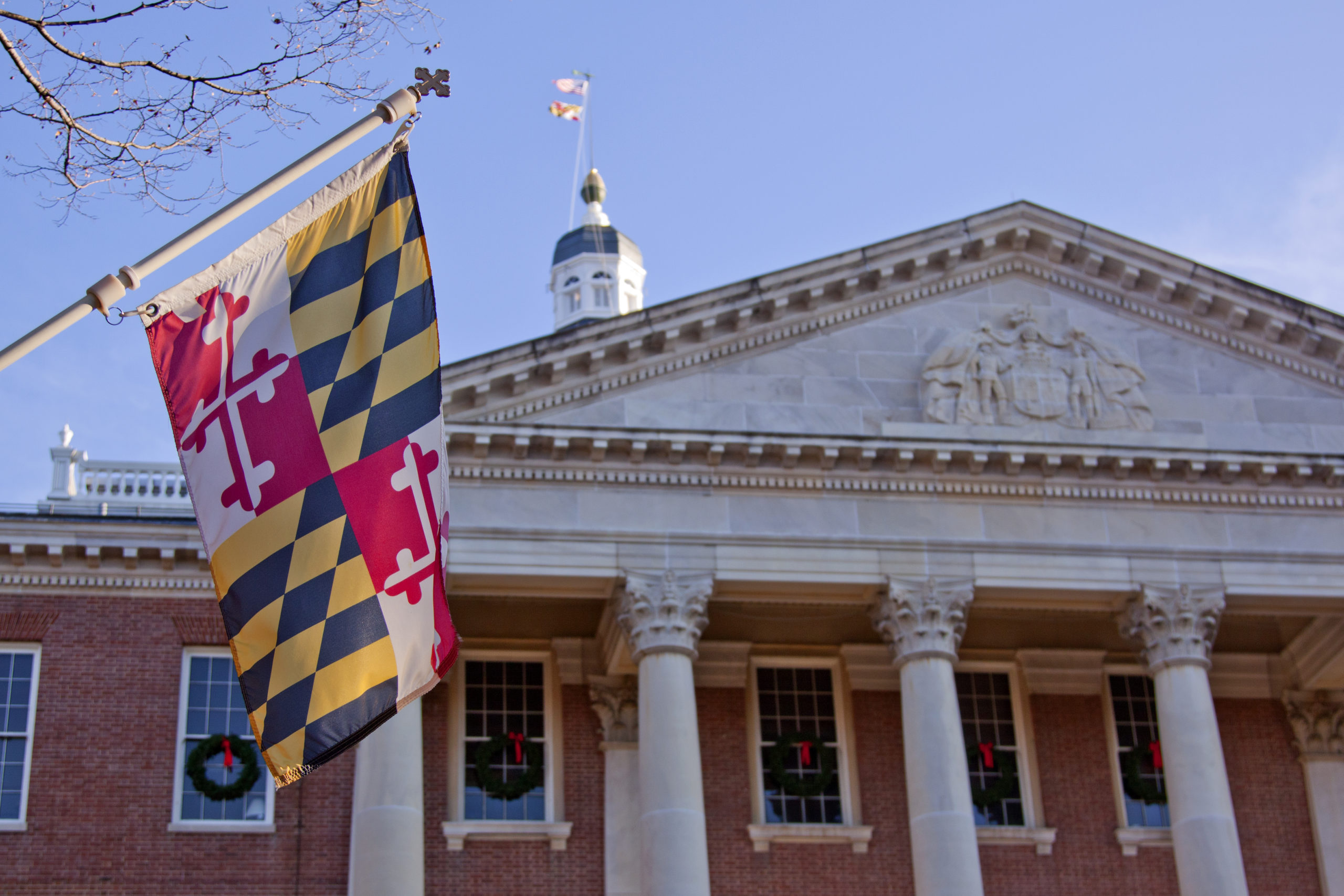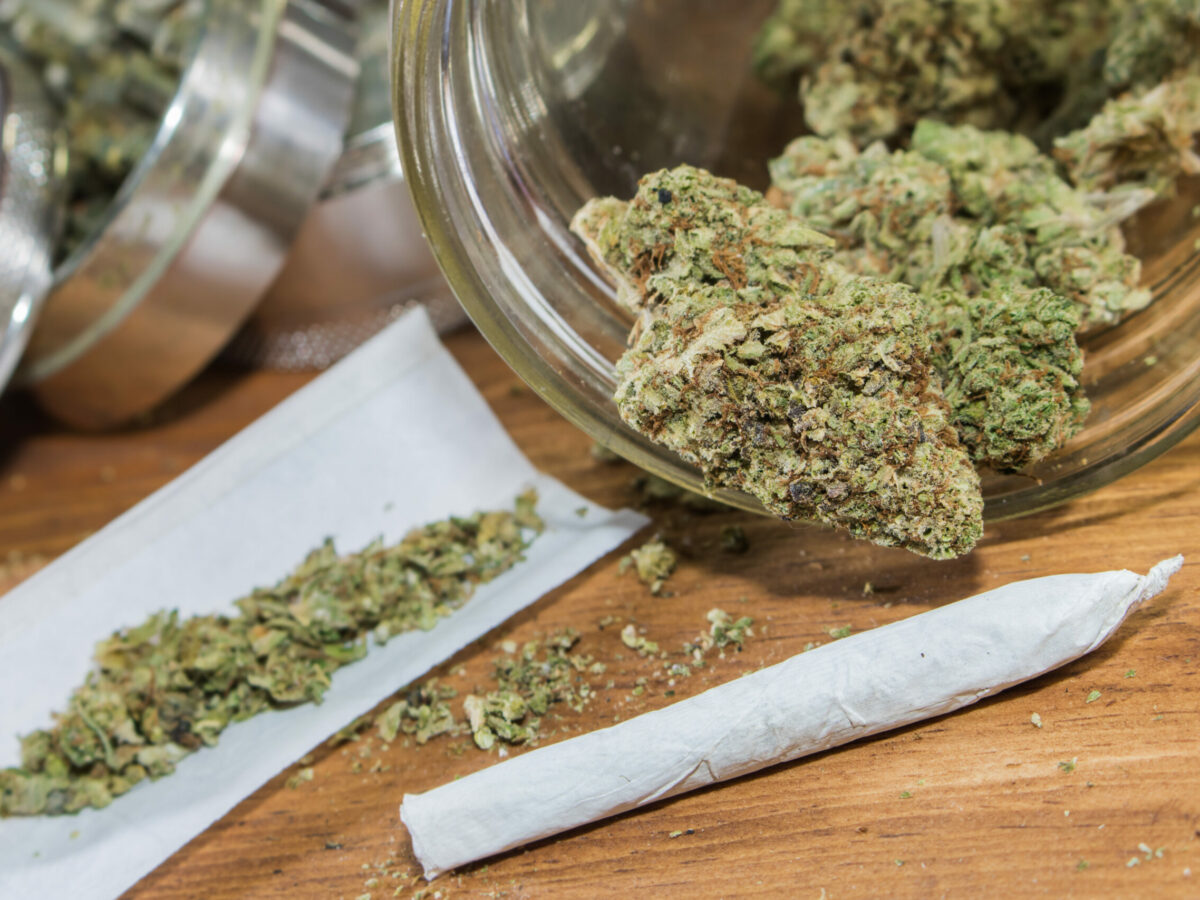As Maryland looks to at last join its neighbors in legalizing recreational cannabis and supercharge a medical industry that has generated more than half-a-billion dollars this year, concerns loom about how Black entrepreneurs can get in on the green rush before it’s too late.
At the fourth meeting of the Maryland House Cannabis Legalization Workgroup on Tuesday, lawmakers kept coming back to that equity question and to how smaller Maryland-grown companies can compete with multistate operators, which have steadily absorbed many of the state’s independent weed businesses over the last few years.
The latest virtual meeting focused on business regulations and their implementation for a future adult-use cannabis market in Maryland. Previously, the panel discussed public health, criminal justice and the history of cannabis law.
“I don’t want these mature companies to blow up and stop these minority companies,” said Del. C.T. Wilson, a Charles County Democrat. “I don’t want them to be beaten out of the industry before they begin because they can’t compete.”
Mathew Swinburne, an attorney with the Network for Public Health Laws-Eastern Region, noted cannabis is proving to be an “incredibly lucrative industry,” having grown from $13 billion in the U.S. in 2019 to a projected $25 billion this year and $43 billion by 2025, per numbers from cannabis analytics firm New Frontier Data.
But “unfortunately, communities of color” — the ones that have suffered the most from the plant’s criminalization — “are missing out on this cannabis boom,” Swinburne said.
He shared how other states like Connecticut, New Jersey, Massachusetts and Illinois, are working to correct that by crafted policies to boost diversity in their markets. Examples have included:
Allowing priority application reviews for “social equity applicants” — people of color, women, veterans, and low-income entrepreneurs
Setting aside “micro” business licenses for smaller ventures that require less startup capital, as in New Jersey
Legislating rules for equity-joint ventures, as in Connecticut, where existing growers can forge partnerships with social equity applicants and provide them cultivation space, a proportional cut of profits, mentorship and financial assistance.
Diversity issues are “something that every state is facing,” Maryland Medical Cannabis Commission Executive Director Will Tilburg told lawmakers.
Maryland knows all too well what it means to launch an industry with an immediate racial imbalance. Tilburg noted that only one of the first 30 companies awarded grower and processor licenses in 2016 was majority-Black-owned, and only three had majority owners considered to be racial or ethnic minorities. The process’ lack of consideration for race led to a lawsuit from a Black-owned company that was denied a license.
Today, five of the state’s 21 operating growers and 10 of 26 processors are minority-owned after a 2018 bill created 11 new licenses that all went to minority-owned companies, Tilburg said. On the retail side, a Capital News Service data dive into ownership of Maryland dispensaries in 2020 found most of the retailers are white-owned, and just one in 10 investors in those stores are people of color.
As for corporate influence on Maryland’s industry, Tilburg noted multi-state operators — companies that own dispensaries, cultivators and/or processors in more than one state — now “make up a significant share” of the market as they continue to consolidate the industry.
“When we talk about MSOs, with the number of states that have legalized and federal legalization somewhere on the horizon, there continues to be a consolidation of these businesses across the country and also including Canada,” Tilburg said. “Maryland has not been immune to these consolidations,” he added.
Tilburg shared figures showing 10 of the state’s 21 medical growers are owned by or affiliated with MSOs (such as through pre-acquisition management deals), as are 11 of 26 processors and 39 of 101 dispensaries. Additionally, eight of Maryland’s growers and nine of Maryland’s processors are owned by publicly traded companies.
Del. Darryl Barnes, a Democrat representing Prince George’s County, asked how Maryland allowed that shift to happen.
Tilburg pointed to growers as an example: six of the aforementioned 10 MSOs that own cultivation operations in Maryland were inaugural licensees back in 2016, he said. Since then, other companies have bought up businesses once they’ve been operating for at least three years, under state rules, and entered into management agreements while they wait. (State rules allow a max of one grower, one processor and up to four dispensaries under one company umbrella.)
“That’s something going forward that we have to look at,” Barnes responded. He noted that as Maryland-based companies are acquired by out-of-state conglomerates rather than local entrepreneurs, the state could stand to lose “generational wealth.”
Issues with consolidation and minority exclusion have been ongoing for years in Maryland, but lawmakers are diving into them now as the legislature gears up for a recreational legalization push in 2022 that would vastly expand the market for cannabis.
House Speaker Adrienne Jones convened the workgroup this past summer, announcing in July that she wants a referendum to go before voters in the general election next fall. Senate President Bill Ferguson has also said recreational legalization is among his top priorities for the upcoming session.
General Assembly leaders announced that policy priority months after two legalization measures fell flat during the 2021 session. Most Marylanders have indicated they would vote to allow recreational use of the plant, with 60% in favor in the latest Goucher Poll.
The House Legalization Workgroup’s next meeting is set for Dec. 1, and will focus on the taxation of recreational cannabis sales.



